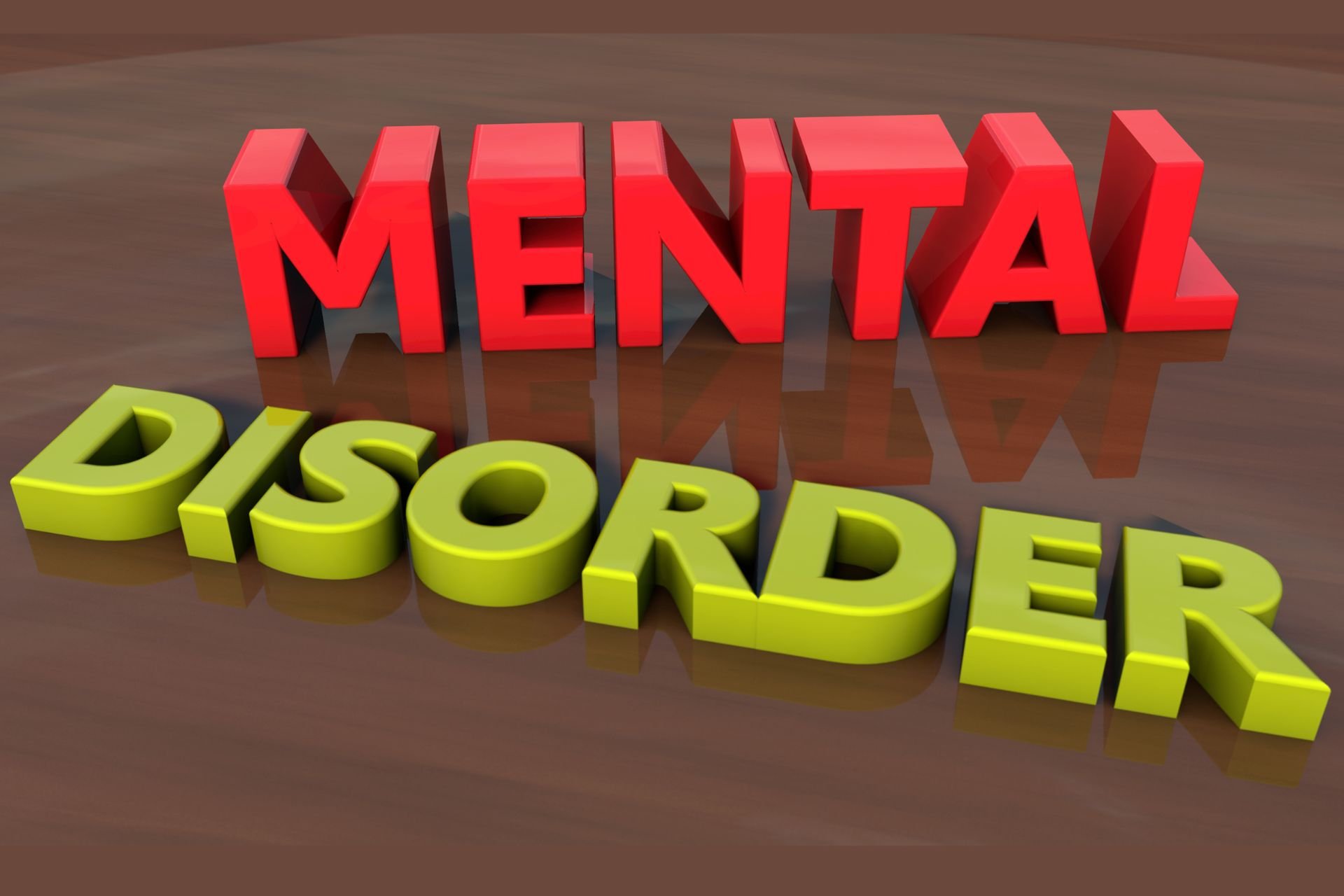How do I know if I have a disorder?
Have you ever noticed it often takes a diagnosis for yourself or anyone else take your symptoms seriously? Have you ever paused to question what a diagnosis even is, who defines it, or where it comes from? It’s not as objective as you may have thought. Race, class, sex, gender. It all matters.
Present day late stage capitalism (fueled by the legacy of colonialism and slavery) makes it all too easy to fall into the trap of consumerism, even when it comes to matters of health. The medical industrial complex convinces us that our symptoms are personal flaws and offers solutions with a hefty price tag.
Healthcare is not immune to socially constructed ills, and we need to acknowledge the intersectional impacts. Mental health is absolutely prone to racism, classism, and all the -isms that plague our society.
Recently, biological anthropologists have questioned the wisdom of modern medical models to address mental health. As intersectional therapists, we always ask our clients: What if it's not the person, but the system that's broken?
In an article for Forbes, Alison Escalante explores this question based on the published peer-reviewed journal article, “Mental health is biological health: Why tackling ‘diseases of the mind’ is an imperative for biological anthropology in the 21st century,” by researchers Kristen L. Syme and Edward H. Hagen.
Hagen & Syme say, "Mental disorders, by comparison, are still shrouded under a dark curtain, and there has been little, if any, improvement in public mental health. The worldwide prevalence of mental, neurological, and substance abuse disorders, heretofore mental disorders, remained steady between 1990 and 2010." Building on this, Esclante writes that "Labels are something we internalize to define who we are and what we are capable of. All too often, labels limit us. And that’s why reconsidering how we label anxiety, depression or ADHD is important. Does someone have depression, a medical disorder of their brain, or are they having a depressed adaptive response to adversity? Adversity is something we can overcome, whereas a mental disorder is something to be managed. The labels imply very different possibilities."
What are your thoughts? Are some disorders adaptive responses to adversity?
Escalante, A. (2020) Researchers doubt that certain mental disorders are disorders at all. Forbes Magazine. August 2020.
Syme, K., Hagan, E. (2020) Mental health is biological health: Why tackling “diseases of the mind” is an imperative for biological anthropology in the 21st century. https://doi.org/10.1002/ajpa.23965

